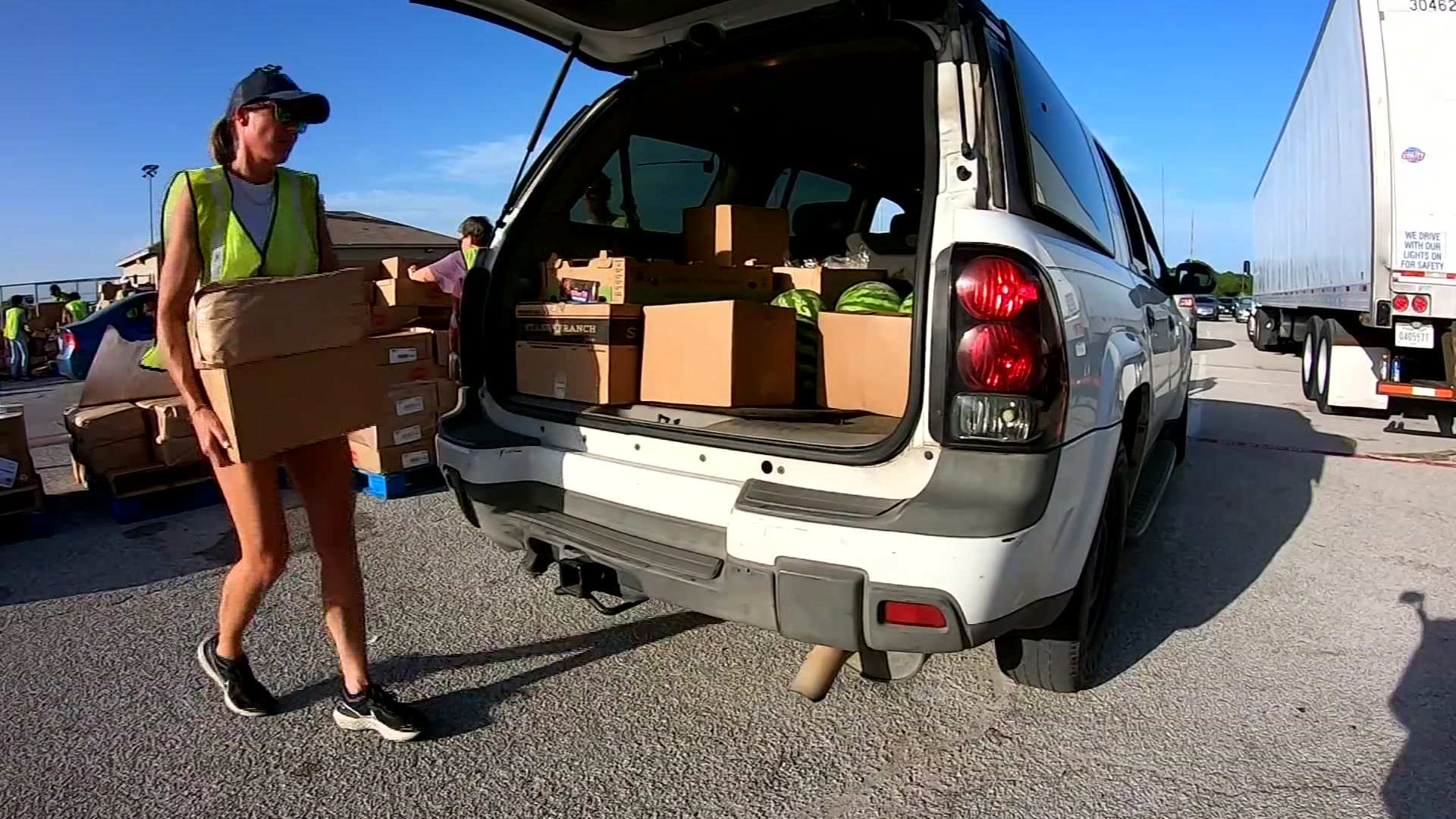The company that runs ITT Technical Institute announced Tuesday it was shutting down academic operations at all of its campuses and thousands of its employees will lose their jobs.
The move comes after the federal government banned the for-profit chain last month from enrolling students who use federal loans to pay for classes.
"It is with profound regret that we must report that ITT Educational Services, Inc. will discontinue academic operations at all of its ITT Technical Institutes permanently after approximately 50 years of continuous service," ITT Educational Services, Inc. said in a release. "With what we believe is a complete disregard by the U.S. Department of Education for due process to the company, hundreds of thousands of current students and alumni and more than 8,000 employees will be negatively affected."
ITT operates vocational schools at more than 130 campuses in 38 states, often under the ITT Technical Institute name. Last year, it enrolled 45,000 students and reported $850 million in revenue.
In Texas, ITT operated 10 campuses including locations in Arlington, Austin, DeSoto, Houston (3), Richardson, San Antonio (2) and Waco.
Officials with the Department of Education announced on Aug. 25 the ban on enrolling students with federal loans and other measures against the Indiana-based chain, which has been the subject of state and federal investigations focusing on its recruiting and accounting practices.
Among the measures, ITT was ordered to pay $152 million to the department within 30 days to cover student refunds and other liabilities in case the company closed. ITT is still paying another $44 million demanded by the department in June for the same reason.
Local
The latest news from around North Texas.
The education department also prohibited ITT from awarding its executives any pay raises or bonuses, and said it must develop "teach-out" plans that would help current students finish their programs at other colleges if the chain shut down.
Under the new measures, current students would have been able to continue receiving federal grants and loans.
"The actions of and sanctions from the U.S. Department of Education have forced us to cease operations of the ITT Technical Institutes, and we will not be offering our September quarter," the company said on Tuesday. "We reached this decision only after having exhausted the exploration of alternatives, including transfer of the schools to a non-profit or public institution."
The firm said its focus and priority with remaining staff was "on helping the tens of thousands of unexpectedly displaced students with their records and future educational options."
The U.S. Department of Education is offering webinars Wednesday for ITT students to learn more about the closure.
Last month, a group that accredits ITT found that the chain failed to meet several basic standards and was unlikely to comply in the future.
One of the biggest for-profit chains in the nation, ITT has been under increasing scrutiny from the education department following allegations of misconduct.
The Massachusetts attorney general sued the company in April, alleging that it misled students about the quality of its programs. The federal government had previously sued the chain, saying that it pushed students into high-cost private student loans knowing they would likely end in default.
Department officials have been closely monitoring ITT's operations since 2014, when the chain was late to submit an annual report of its finances to the government.
Under President Barack Obama, the Education Department has led a crackdown on for-profit colleges that have misled students or failed to deliver the results they promised. In 2014, the department cut off federal aid to the Corinthian Colleges chain amid allegations of fraud, leading it to close or sell all of its schools.
"We were not provided with a hearing or an appeal," ITT Educational Services, Inc. said of the government's actions. "Alternatives that we strongly believe would have better served students, employees, and taxpayers were rejected. The damage done to our students and employees, as well as to our shareholders and the American taxpayers, is irrevocable."



